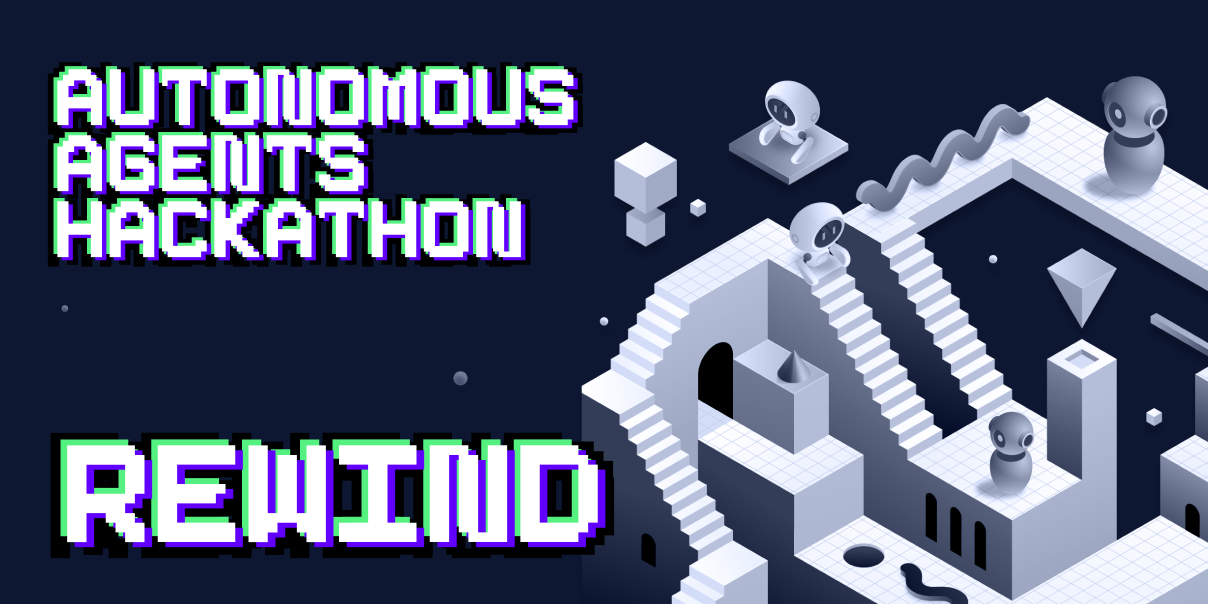A few weeks back, on 18-21 August, over 2300 builders and hackers from around the globe joined us for our Autonomous Agents Hackathon – organized in partnership with AI leaders like OpenAI, LlamaIndex, Weaviate, Arize AI, Auto-GPT, and AWS.
During the hackathon, we challenged participants to build autonomous agents to solve real-world use cases using AI agent frameworks like SuperAGI, AutoGPT, BabyAGI, Langchain, etc.

Over the course of 72 hours, participants showcased incredible drive and innovation. In this recap, we’ll highlight key moments from the event, including insightful keynotes from OpenAI and Weaviate, hands-on workshops by AWS and Arize AI, mentorship Q&As, the final pitching stream, and an overview of winning projects.
Kickoff stream and Day-1 Highlights – Keynotes from Logan Kilpatrick, Etienne Dilocker, and workshops by AWS and Weaviate.
The event kicked off at 9 AM PST on 18th August, with a keynote address from Logan Kilpatrick (DevRel at OpenAI) and Etienne Dilocker (CTO and co-founder of Weaviate).
Logan’s keynote covered several topics including the capabilities of OpenAI’s APIs, rising adoption of AI across various industries, and the expanding opportunities in AI compared to 2022. He also touched upon some prompt engineering tips for our builders and gave a sneak peek into the future product roadmap and ambitions of OpenAI.
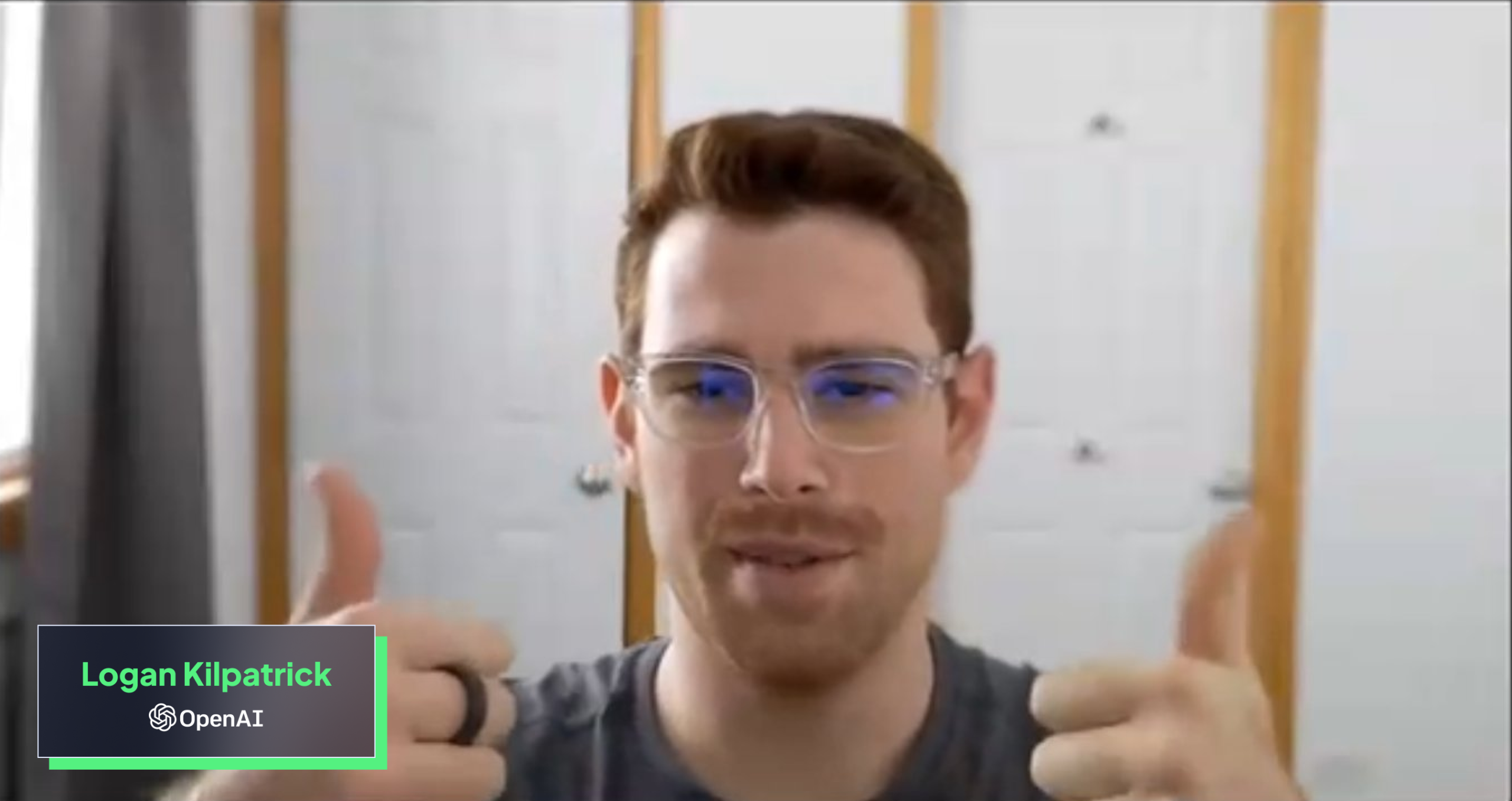
Next, Etienne presented his keynote discussing the increasing adoption and importance of vector databases for AI applications. As a concrete example, he highlighted Weaviate’s recent integration with Stack Overflow to incorporate vectors from a BERT model and enable hybrid lexical and semantic search on their Q&A data.
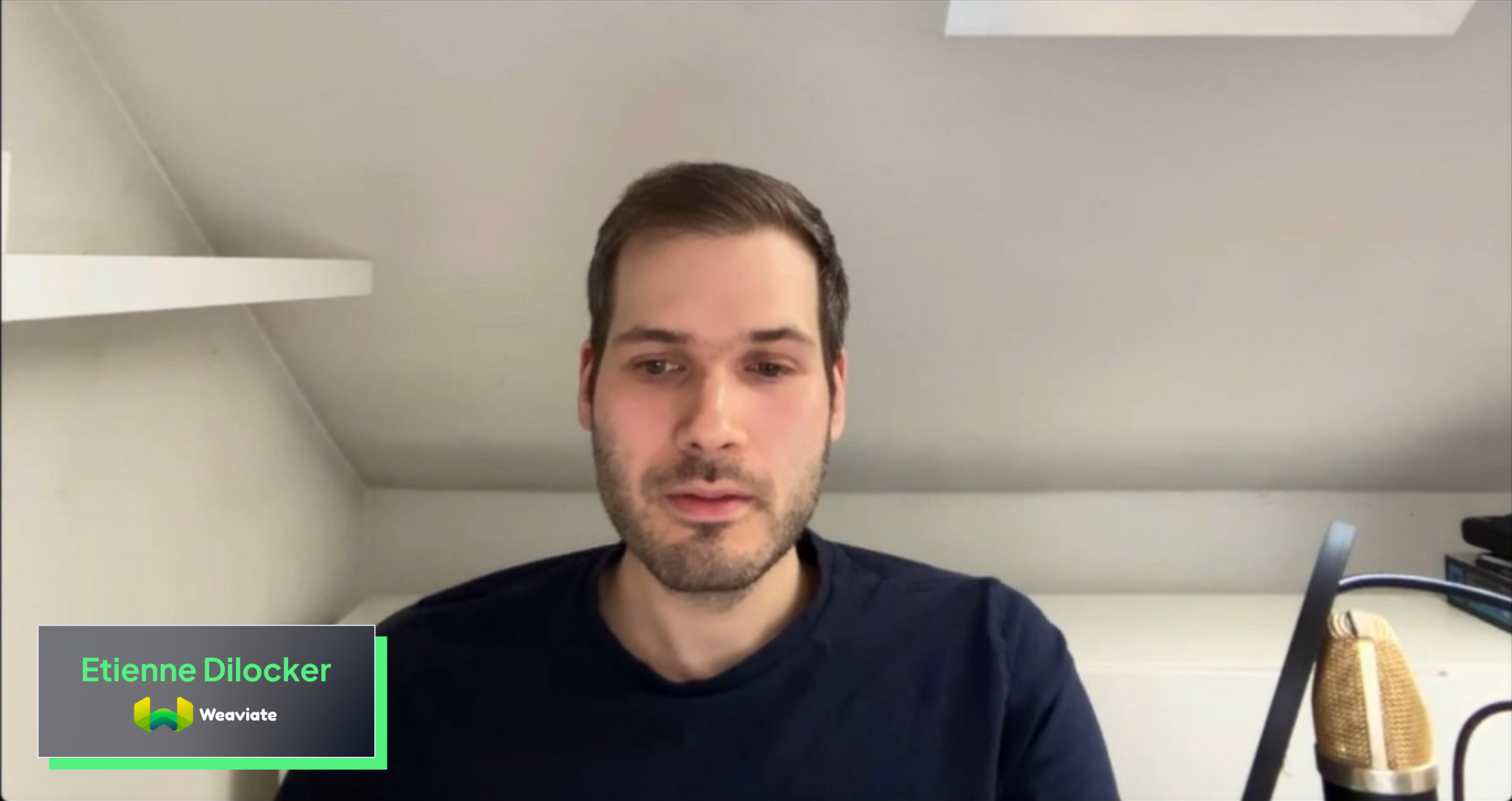
After the keynotes, Weaviate and AWS led insightful workshops for participants.
Zain Hasan from Weaviate explained what vector databases are, how they work, and how Weaviate can enable projects over the 72-hour hackathon in his workshop that lasted for almost an hour.
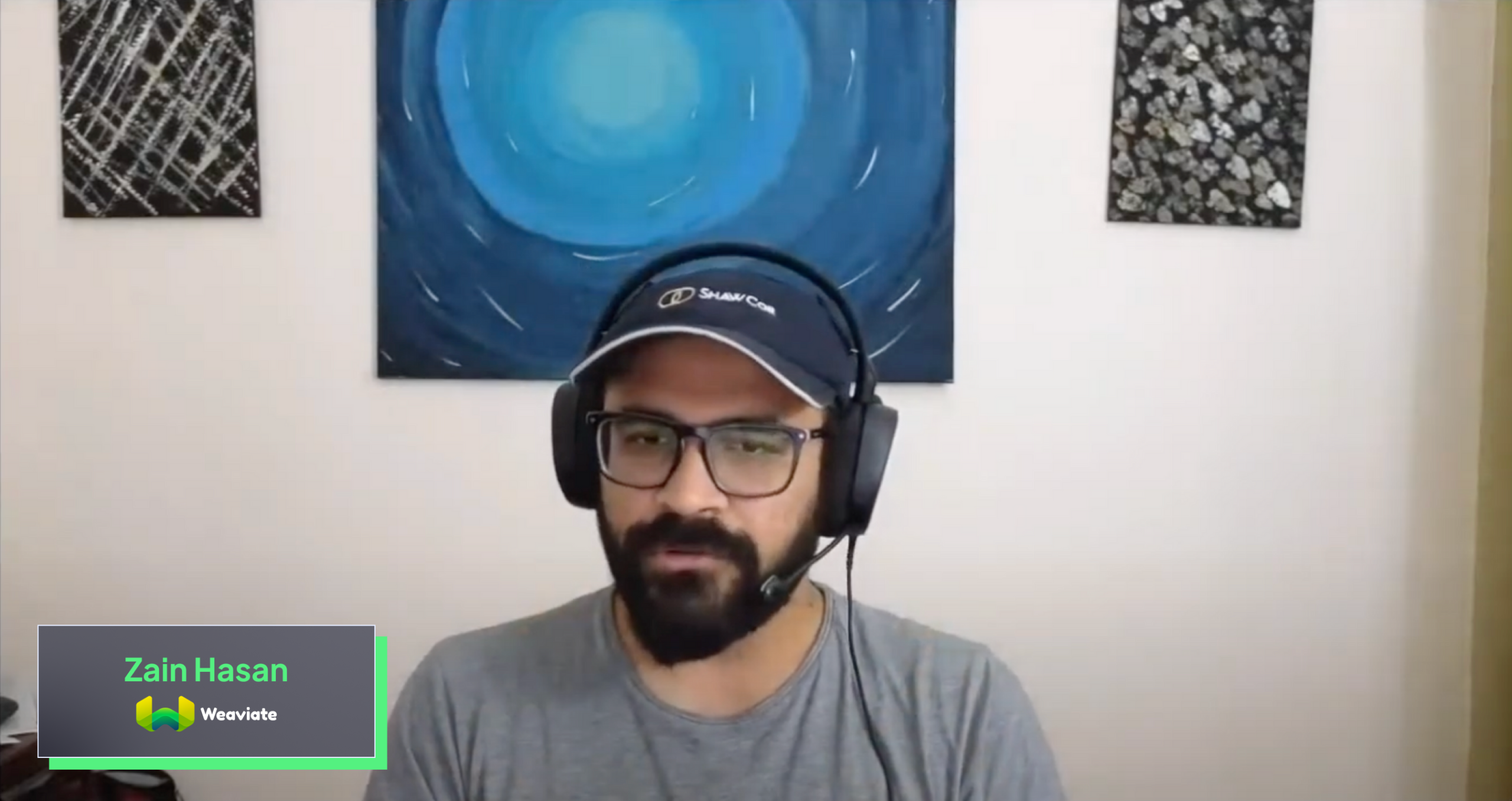
Goutam Kurumella from AWS then conducted a “Generative AI on AWS” workshop. He walked through selecting the right foundational models based on capabilities, testing, and evaluating additional metrics like security and cost. Goutam also gave a sneak peek of Amazon Bedrock, which is currently in private beta.
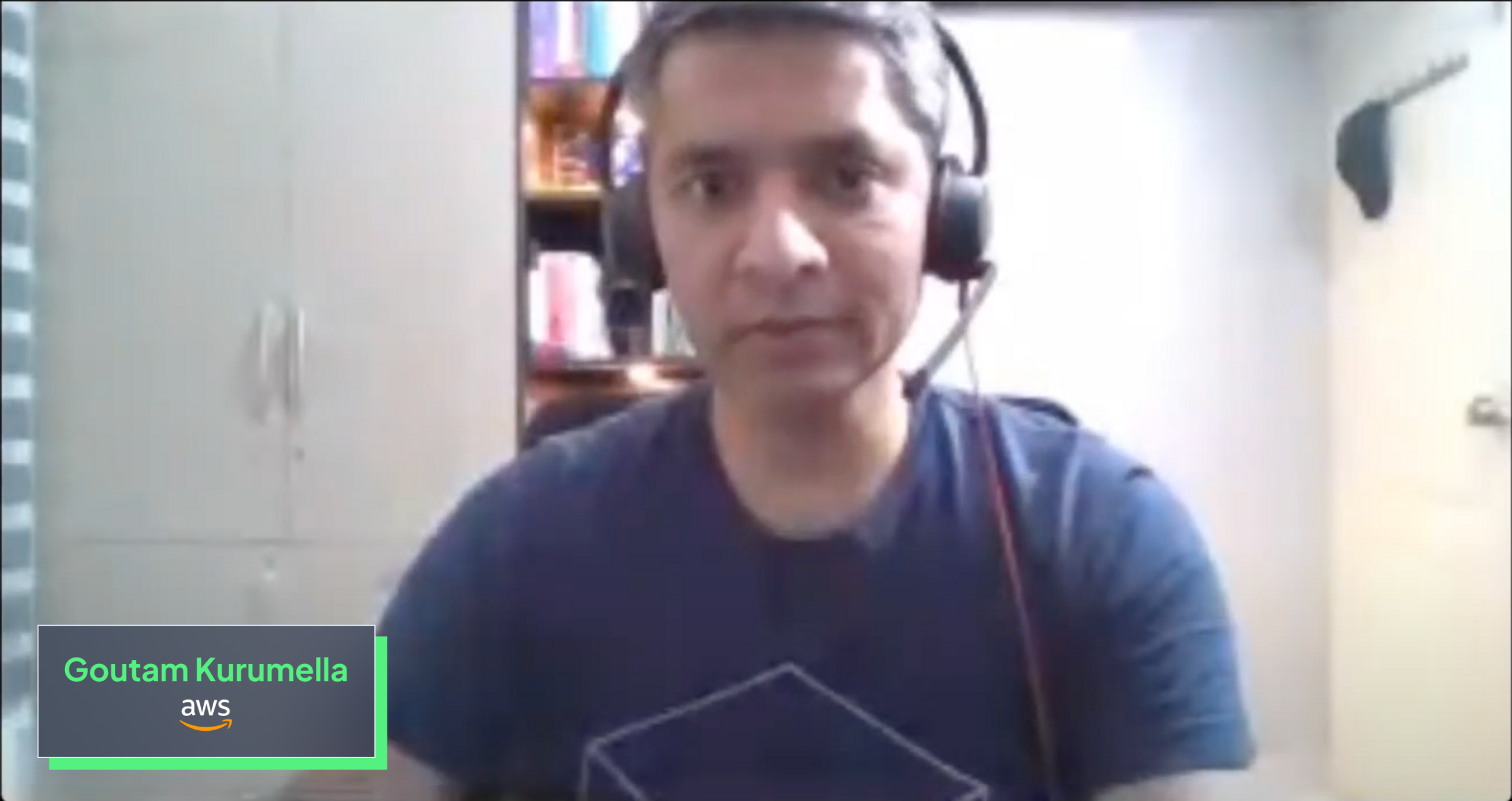
With this, we wrapped up keynotes and workshops for day 1 and participants jumped right into building their projects.
Day-2 Highlights – Arize AI’s Workshop on Troubleshooting RAG, AutoGPT Q&A, and mentorship session with E2B.
On day two, participants focused on building their projects while attending workshops and mentorship sessions.
Vasek Mlejnsky, CEO of E2B, led an open Q&A and mentoring session to assist participants.
Xander Song from Arize AI conducted a workshop on “Troubleshooting Retrieval Augmented Generation (RAG)”. He walked the audience through some common problems that arise in LLM deployment stacks, detailing how developers can surface and resolve these issues using Arize’s open-source ML observability tool Phoenix.
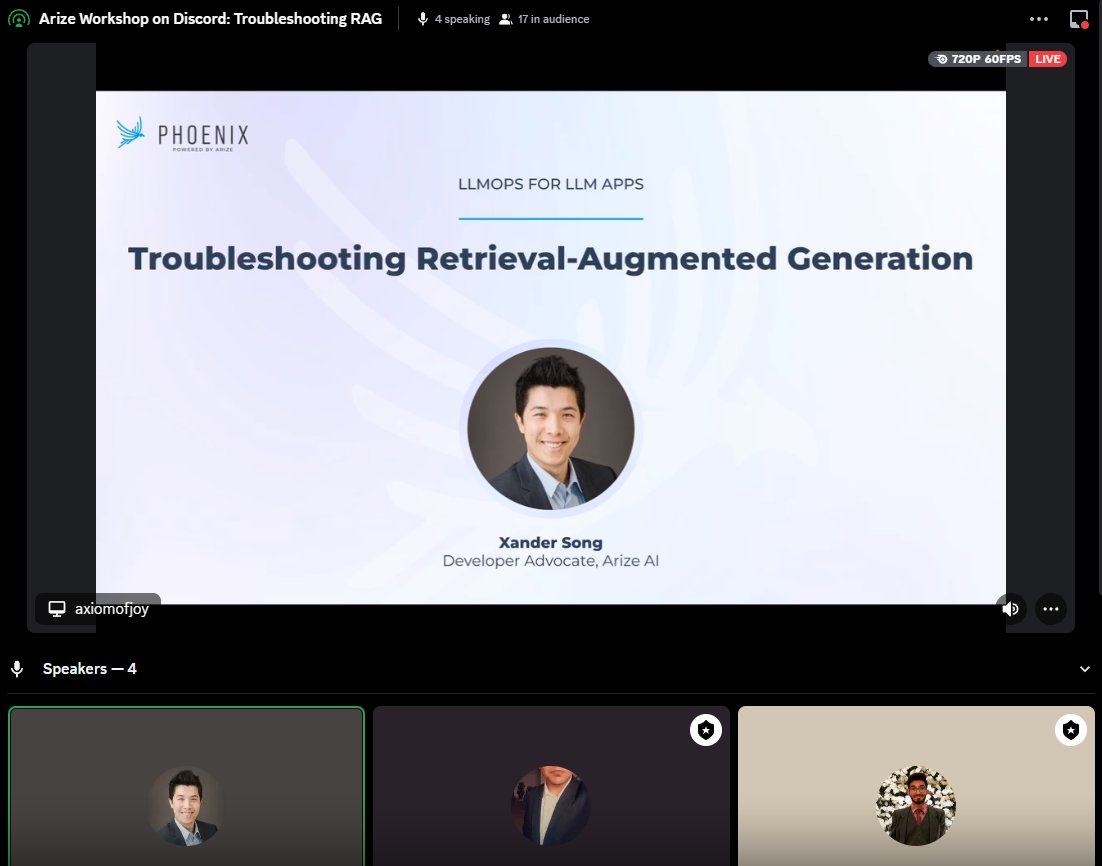
We concluded day two with another Q&A, this time with the Auto-GPT team. Silen Naihin, Merwane Hamadi, and Reinier van der Leer shared insights into Auto-GPT’s progress and benchmarking of agents.
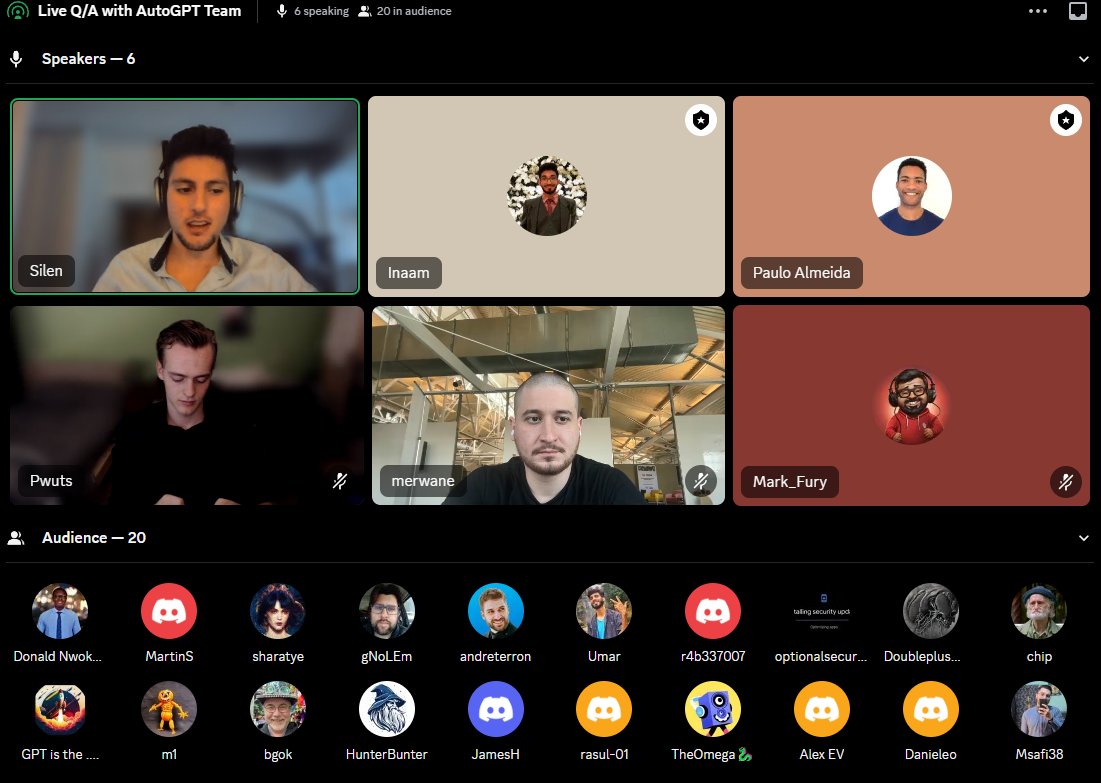
Day-3 Highlights – Q&A with Anton Osika and finishing projects before the submission deadline
The final day of the Autonomous Agents Hackathon saw participants applying final touches to their projects, preparing presentations, demos, and syncing up with mentors to resolve last-minute queries.
Anton Osika – creator of GPT_engineer interacted with participants through another Open QnA session, sharing some opinionated takes on how to build AI agents that work.
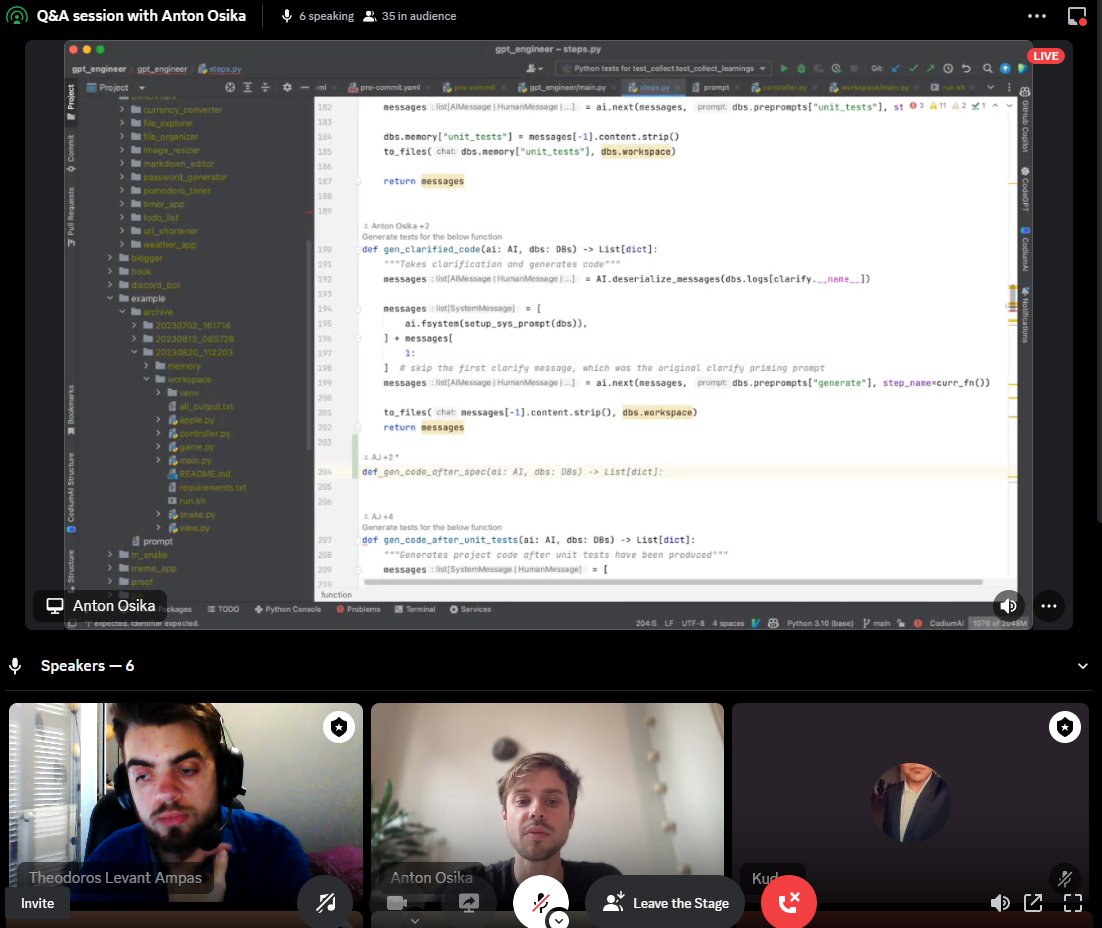
Participants were required to submit their project’s GitHub repo, a demo video, presentation slides, and a link to the project’s working demo (if possible).
We received 82 project submissions, setting up a tough week for our judges to select to top 7 for our final stream on 31st August, 2023.
Judging and Finalists stream
After careful evaluation of projects over 4 metrics (Application of technology, Originality, Presentation, and Business Value), our judges Ishaan Bhola, Yi Ding, Philip Vollet, Silen Naihin, and Michael Schiff invited the top 7 teams to pitch their projects live in front of them.
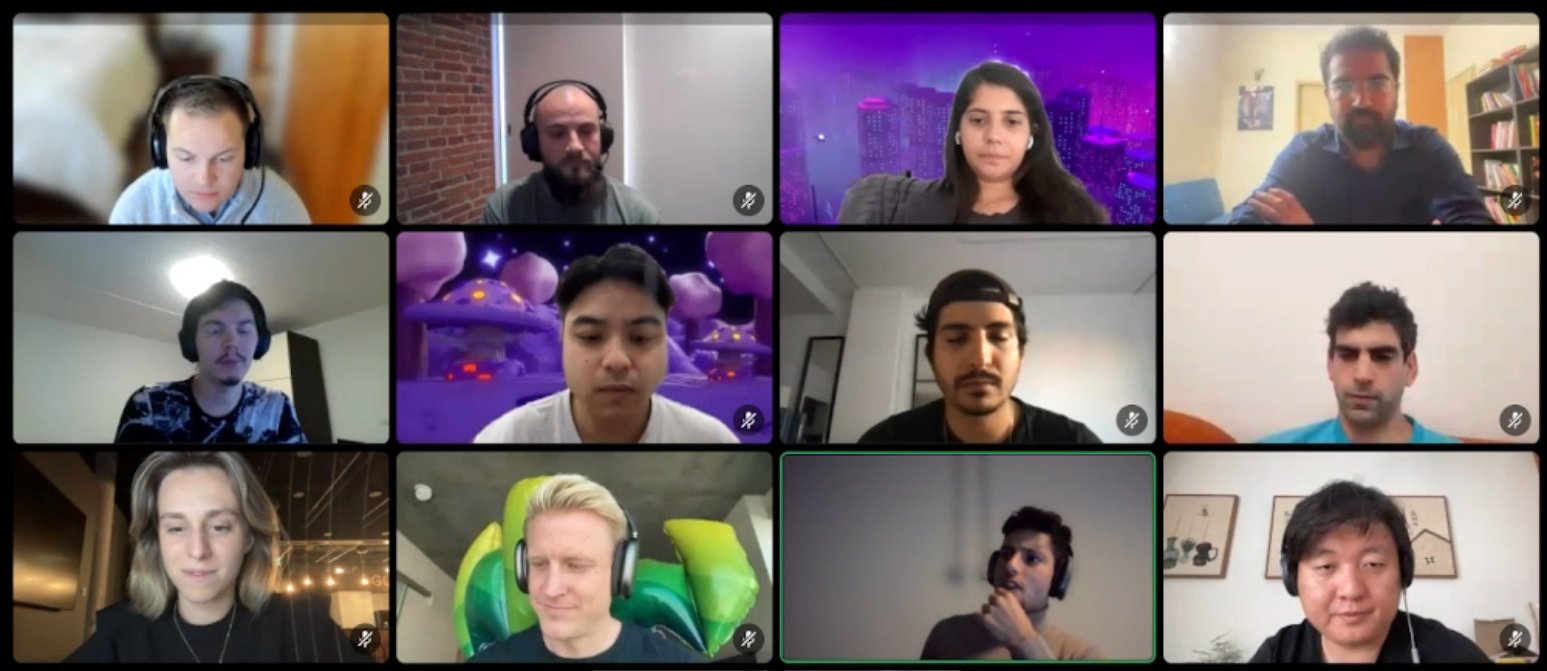
Each team got a chance to share their presentation with our judges and audience, post which they fielded questions from our judges on the spot.
Once all 7 teams were done presenting, the judges unanimously decided the top 3 as follows:
1. 🥇Evo.Ninja by team Evo Ninja – An AI Agent that evolves in real-time. Evo can learn new scripts on the fly, write its own scripts, and has a local first script execution – eliminating the need for expensive backend architecture.
View Project | Presentation
2. 🥈RicAI Autonomous Testing Agent, built solo by Ricards Liskovskis – RicAI understands (complex) software requirements and business logic, generates test cases, works with unit tests, usability, and acceptance tests (tools like Selenium, etc.) to provide feedback and test reports to developers while saving tons of time for them.
View Project | Presentation
3. 🥉Project Atlas by team RentEarth – Project ATLAS helps ventures to create an LLC, articles of incorporation, operating Plan, and business plan. It’s also capable of conducting market analysis and investment planning, writing up legal disclaimers, building a website landing page, and generating branding materials.
View Project | Presentation
Our judges gave an honourable mention to Tidy AI, built by team Munich AI Agents. Tidy AI automates data preprocessing and cleaning for data scientists. It intelligently inspects datasets, identifying anomalies and potential issues within context. This allows transformations while retaining meaning. Tidy AI further checks the modified data, pinpointing any additional cleaning or transformations needed in an iterative process.
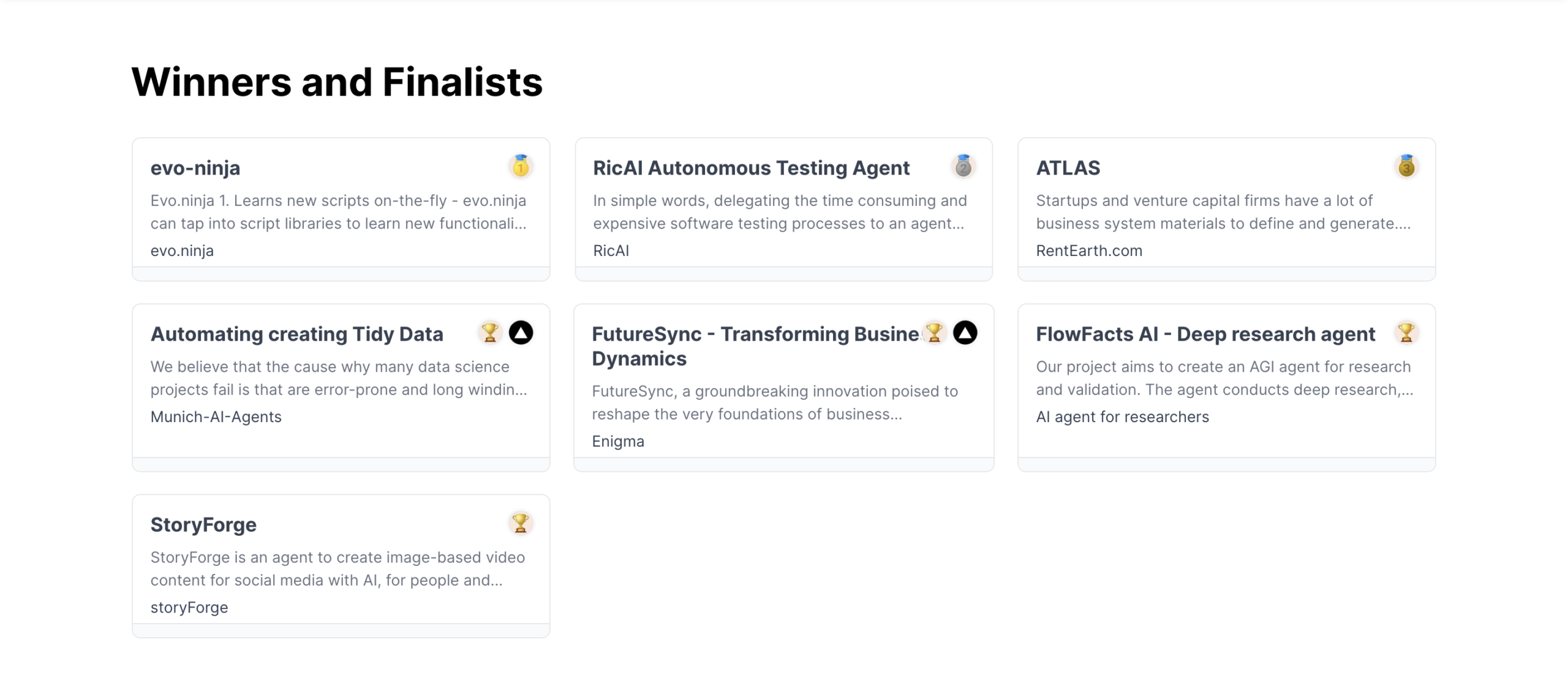
Conclusion
The Autonomous Agents Hackathon demonstrated the potential of the AI community. Over 72 hours, 2300+ builders created use-case-focused AI agent solutions for real-world problems. It was great to see participants’ enthusiasm, skill, and rapid innovation throughout the workshops, mentoring, presentations, and judging. A huge thanks to our partners for contributing their world-class expertise. We look forward to enabling more groundbreaking collaboration at future events as we continue pushing boundaries, helping AI Agents cross the chasm of adoption.

